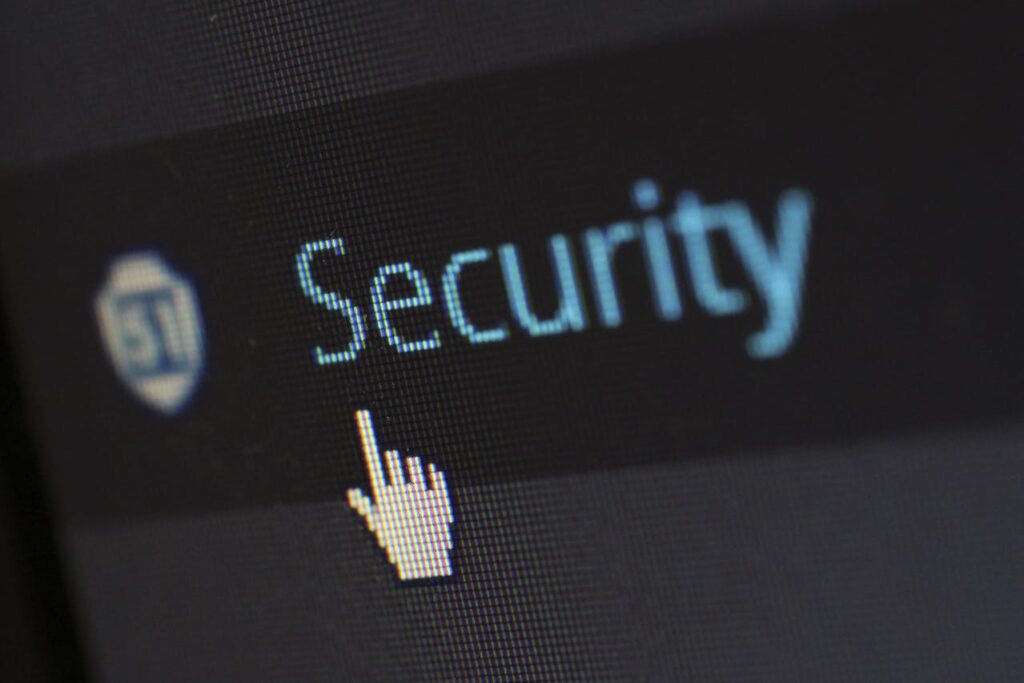As the world of video games grows, so does the threat of cyber-attacks. Back in the day, we got to play games by inserting a CD into the console, but nowadays, you create your profile and add personal information or payment information for in-game purchases. The more sensitive information you add in the video game the higher the risk of cyberattack.
The same goes for the online gambling industry. After all, this is where all the money is, right? Hackers are constantly looking for new online betting victims who will fall for their scams where they can take advantage of their finances or personal information.
We live in a world where cybercrime cannot be controlled. That’s why we are seeing even hacking attacks on websites that the government owns, which should be well protected, I guess.
Cybercrime has the power to destroy an industry, even an industry as big as video games. People will lose trust in the process, they will be afraid to add their personal information, and they won’t play video games as much. The same thing goes for online gambling.
And since everything is digital nowadays, hackers can have odds of entering a system as low as the horse National Treasure had on Preakness Stakes in 2023. They really can hack your profile faster than a horse finishes a race. If you want to check out the odds of other horses at the Preakness Stakes, click the link below: twinspires.com/preakness-stakes/odds/
That’s why video gaming companies and the online betting industry are always looking for new ways to protect their customers from cyber threats. In today’s article, we will find out more about their actions, and how they manage to prevent and minimize data leaks and cybercrimes.
Understanding the Threat Landscape
The cyberattacks in the world of gaming and betting platforms are not just limited to stealing personal information. In fact, they can do much more serious damage by disrupting services, compromising user trust, or the scary one, manipulating outcomes.
According to recent cybersecurity reports, the gaming sector saw a 54% increase in cyberattacks, highlighting the severity of the threat.
So, gaming and online betting companies have a serious problem on their hands, that needs to be addressed. Yes, there are certain Rules and Regulations by the government, but since we are talking about private companies, the safety of their customers is in their hands.
Types of Cyberattacks Faced
In order to understand the problem even better, let’s dive into the most common cyberattacks that these industries face.
Distributed Denial of Service (DDoS) Attacks: They are designed to overwhelm servers, causing downtime and disrupting gameplay.

Phishing and Social Engineering: Attackers use unique and sometimes mind-blowing creative tactics to trick users into revealing sensitive information like login credentials. Even experts who learn about cybercrime can fall for them.
Malware and Ransomware: Another common way to get into a system or server is by infected downloads or links can lead to data encryption or extortion attempts.
Account Takeovers: Hackers gain unauthorized access to user accounts, often for financial gain or fraud.
Precautionary Steps Taken
The gaming and online betting sectors use a multi-layered strategy that incorporates technology, cooperation, and education to counter these dangers.
Proficient Encryption Techniques
End-to-end encryption: renders user data unintelligible to unauthorized parties while safeguarding it in transit.
Blockchain Technology
This technology lowers the possibility of fraud by enabling transparent record-keeping and safe transactions.
Strong Authentication Processes
2FA, or two-factor authentication: lowers the possibility of unwanted access by adding an additional security layer on top of passwords.
Biometric authentication
Technologies such as fingerprint or face recognition improve identity verification and make it more difficult for attackers to pose as users.
Proactive Monitoring and Incident Response
Security Operation Centers (SOCs): Constantly monitor network activities for anomalies and potential threats, enabling swift response and mitigation.
Penetration Testing: Regular assessments identify vulnerabilities before attackers can exploit them, strengthening defenses preemptively.
User Education and Awareness
Cybersecurity Training
Educating employees and users about common threats and best practices reduces the likelihood of falling victim to attacks.
Security Alerts and Updates

Prompt notifications about potential risks and software updates keep users informed and protected.
Collaboration and Information Sharing
Recognizing that cyber threats are a collective challenge, the gaming and betting industry collaborates with cybersecurity experts, law enforcement agencies, and regulatory bodies.
Information Sharing Platforms
Cyber Threat Intelligence Sharing: Sharing data on emerging threats and attack patterns enables industry-wide preparedness and response.
Partnerships with Security Providers: Collaborating with cybersecurity firms enhances access to cutting-edge technologies and expertise.
The Role of Regulatory Compliance
Government regulations and industry standards play a crucial role in ensuring cybersecurity resilience within the gaming and betting sector.
·GDPR and Data Protection Laws: Mandate strict data privacy measures, ensuring user information is handled securely and transparently.
·PCI DSS Compliance: Enforces secure payment processing standards, safeguarding financial transactions from cyber threats.
Final Words
So, are we safe?
Well, there is no guarantee, that hackers will continue to come up with a new and unique way to gain unauthorized access to online platforms. As you can see, companies are working around the clock to make sure we have a safe industry and minimize such threats as much as possible.
However, our behavior is also really important. You shouldn’t expect to be safe when you create a simple password like “Yourname123” or click on every random email you receive. That’s why it is essential to choose a strong password.
Our impact on cybercrime is also important, and we need to educate ourselves and all others involved about the best practices for being safe online.

